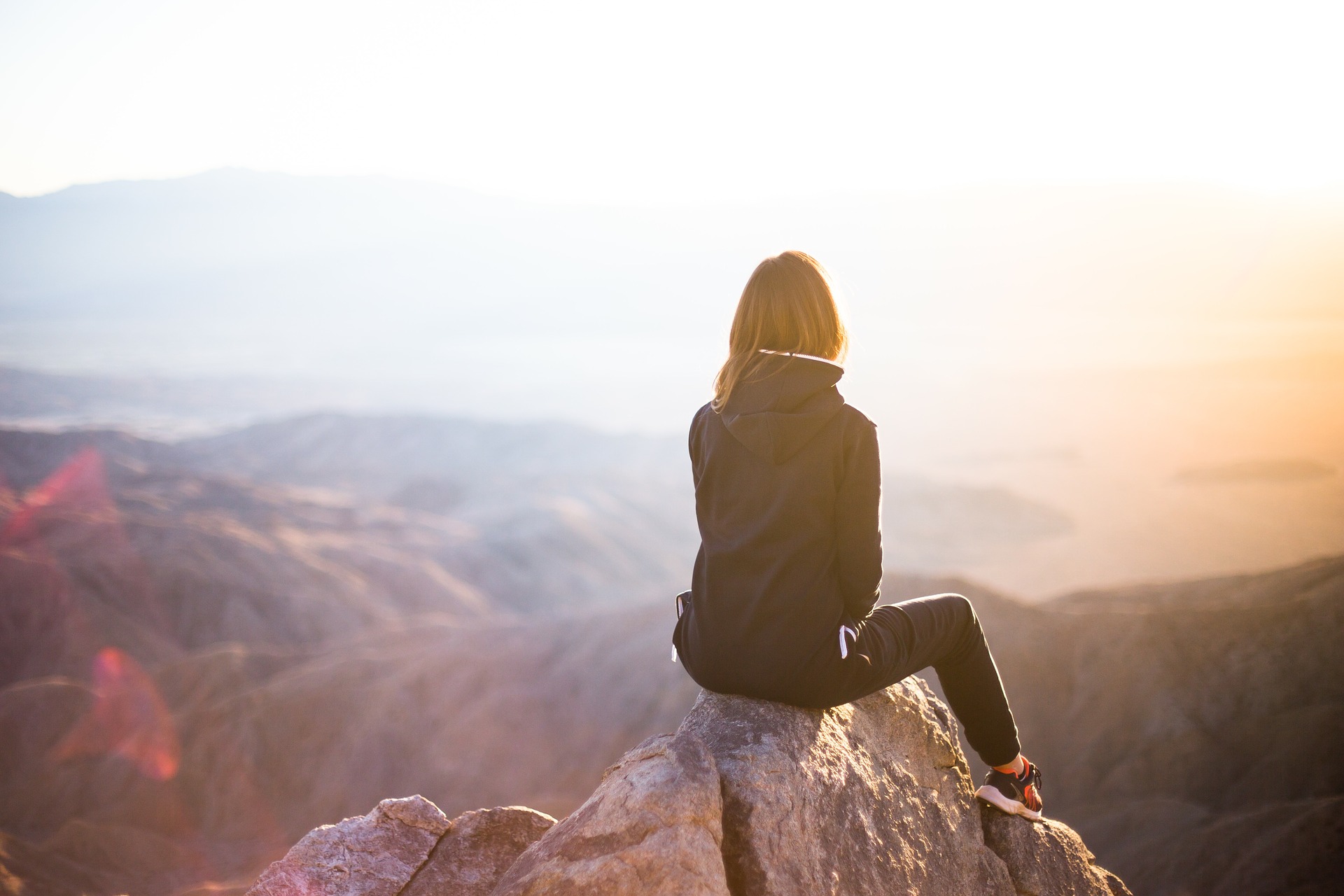Social Responsibility

Colombian Basket Weaver. Photo: Tonya Fitzpatrick
“Learn to do common things uncommonly well; we must always keep in mind that anything that helps full the dinner pail is valuable.”
– George Washington Carver
What defines a responsible travel extends far beyond the act of simply minimizing luggage, recycling plastic, or conserving hotel amenities like bath towels. While these practices are commendable initial steps, responsible travel fundamentally emerges from the heart.
Explore how travel supports peacebuilding in post-conflict nations with Gary Knight of VII Foundation’s Imagine: Reflections on Peace project.
“Watch us come back with a dog,” I joked to my partner as we packed our things for four months on Mexico’s Pacific coast. As it turned out, it was less of a joke than I thought. When you think of Mexico, street dogs probably aren’t the first thing that comes to mind. But outside of the resorts and villas that most tourists associate with Mexico, things are different. The country has the largest number of Mexican street dogs in Latin America. The National Institute of Statistics and Geography estimates that about 70 percent of the 18 million dogs in Mexico live on the street, born as strays or simply abandoned. It’s a statistic that becomes overwhelmingly evident as you walk around.
IIn the last century, Thailand has lost roughly 92 percent of its elephant population. Factors such as illegal wildlife trade, deforestation, and human-animal conflict have led the Asian elephant to the pages of Thailand’s endangered species list. The future of the surviving eight percent remains uncertain — but we know that humans have as much a role to play in their survival as they have had in their decline.
Hungary, and Budapest more specifically, was once known for its mistreatment of those with physical and intellectual disabilities. Today, however, the people of Budapest are creating a more inclusive community thanks to businesses that are breaking down social stigmas and changing attitudes towards those who were once excluded in the community.
Explore Norfolk’s hidden role in the Underground Railroad, get essential travel safety tips for student travelers, and gain insights into autism with expert Dr. Stephen Shore.
Travel used to be slow. Granted, it was slow because there was no other way...Somewhere along the way, we got (very) lost.
Dharavi, in central Mumbai, is considered one of the largest slums in Asia, but deep within this neighborhood, below the shanty grey roofs, loosely comprised of scavenged, upcycled metal, lives a resourceful and innovative community that plays an imperative role in Mumbai’s city-wide waste management.
The best way to travel with the intent of exploring diversity is to ditch the touristy places. Sometimes, tourist attractions bring people from all over the world — the Grand Canyon or Disneyland, for example.
Creating 19 prosthetic limbs for 13 children in under a week might seem like a daunting task, but Robert Schulman has never shied away from a challenge. The certified prosthetist and founder of US-based nonprofit Limb Kind Foundation arrived in Davao City, Philippines in September with a team of 11 and a big goal. And he definitely delivered.
Sunil maneuvered the jeep onto a bumpy dirt track through the fields of wheat and millet that grew sparsely here in the Thar Desert. He stopped the car and switched off the engine. Suddenly, they came. A group of four gazelles, followed by a large herd of blackbuck antelope, the afternoon sun glancing off their elegant backs. I was hesitant to take out my long telephoto lens, lest the herd would scatter. Sunil smiled. “Don’t worry. They will not think that you are aiming a gun at them. They roam fearlessly here because this is the land of the Bishnois.”
Experience the extraordinary stories of children who have made and are making a difference in this world at the Power of Children exhibit in the Children's Museum of Indianapolis.
As travelers, one of the most exciting aspects of visiting another country is experiencing a new culture. We get the opportunity to learn about the history of places around the globe, participate in local events, and experience traditions and cultural practices first-hand. But, we also have a responsibility as global citizens to travel ethically and only participate in socially responsible tourism.














